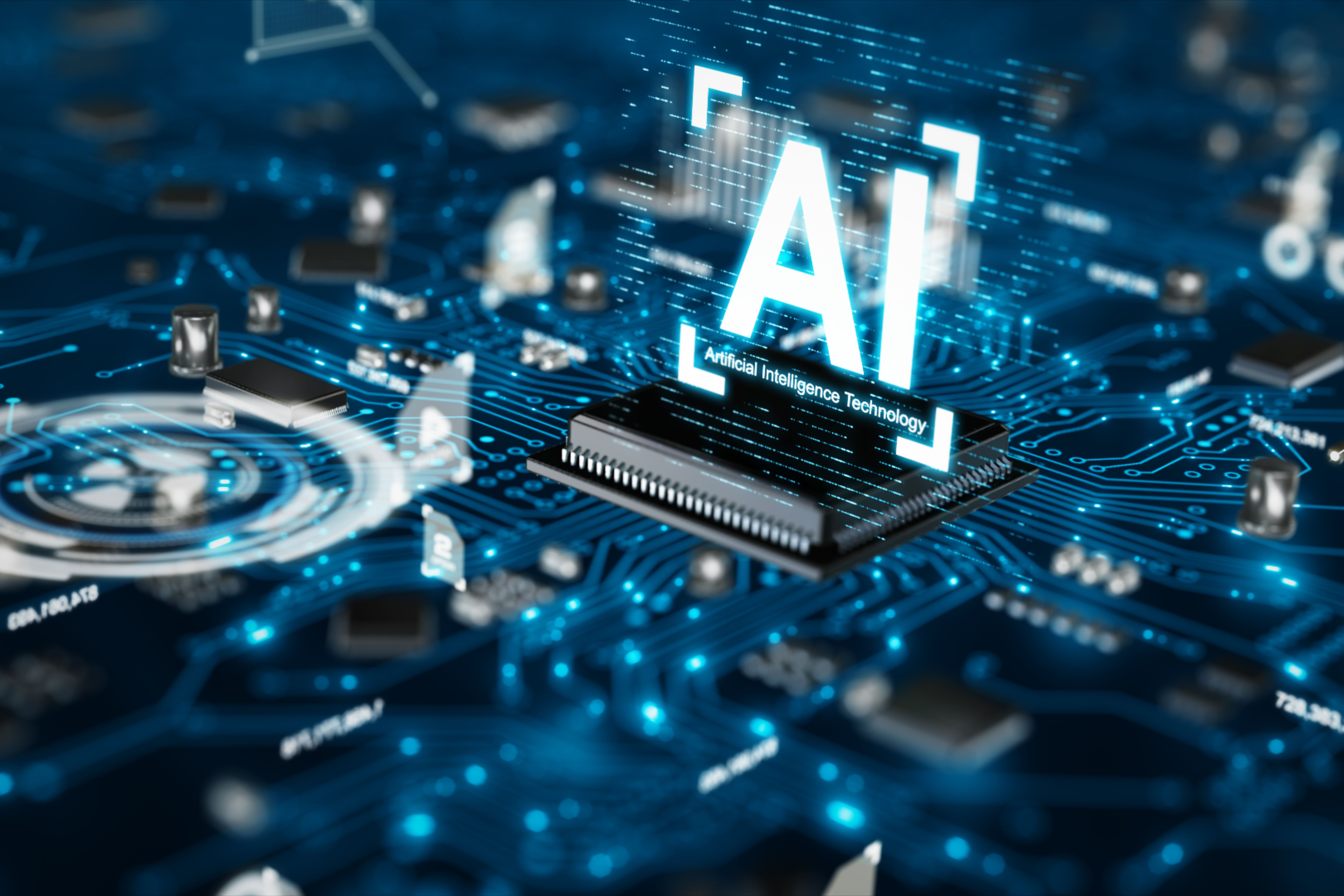ChatGPT Not a Substitute for Urologist When Discussing Kidney Cancer
Artificial intelligence platform ChatGPT is capable of providing “widely understandable and accessible” answers about kidney cancer, but experts express caution.
Patients with kidney cancer are cautioned not to rely heavily on the information AI tools like ChatGPT provide.

Artificial intelligence platform ChatGPT has been found by researchers to be capable of providing “widely understandable and accessible” answers to commonly asked questions about kidney cancer. But experts caution that the service “could not entirely substitute for the guidance of a urologist,” according to study results.
Researchers, who published their findings in Scientific Reports, developed a list of 10 questions related to kidney cancer commonly asked by patients and presented those questions to the ChatGPT, an artificial intelligence-driven large language model capable of generating human-like conversation and having humanlike interactions with its users. The answers were then emailed to 103 urologists, 24 of whom were urological oncologists specializing in kidney cancer.
Among the 24 survey respondents, 54.2% gave ChatGPT positive scores for overall understandability, while 70.8% said the platform “could not replace explanations provided by urologists,” researchers wrote. “Our findings affirm that although ChatGPT answers to kidney cancer questions are generally accessible, they should not supplant the counseling of a urologist.”
According to researchers, a question regarding causes of kidney cancer received the highest positive evaluation rate, 91.7%, while the answer to a question on the differences between kidney cancer and other types of cancer received the lowest positive evaluation rate, 62.5%.
LEARN MORE: Can We Talk? Artificial Intelligence in the World of Cancer Care
The findings echo sentiments previously conveyed to CURE® by a number of experts.
“Sometimes I worry, if patients go in and they use ChatGPT and start asking questions, it can go in different ways,” said Dr. Irbaz B. Riaz, an assistant professor of oncology and medicine at Mayo Clinic’s Robert D. and Patricia E. Kern Center for the Science of Health Care Delivery in Phoenix.
“Obviously, it can provide some useful information because it has been trained on the data available over the web. There’s a lot of useful information over the web, so (patients) can get reasonable answers,” Riaz said. “But you can also then see the flip side. Because it is trained on the data over the web, there are lots of inaccuracies and there is lots of false information.
Users, when first logging into ChatGPT, are advised that “while we have safeguards in place, the system may occasionally generate incorrect or misleading information and produce offensive or biased content. It is not intended to give advice.” And ChatGPT’s current knowledge, researchers explained, stops in September of 2021.
The respondents’ overall positive evaluation rate for all 10 answers was 77.9%, with eight of the 10 answers achieving a positive evaluation rate of at least 75%, researchers reported. The majority of respondents (93.3%) found ChatGPT’s answers to be reliable and convincing, but 55.5% of responding experts (those who performed more than 20 surgeries for kidney cancer per month) found the answers to be unreliable.
READ MORE: ChatGPT Agrees: Tread Lightly When Asking About Cancer Care
“The difference in the responses on assurance between the two groups likely stems from the knowledge of the kidney cancer expert group,” researchers posited. “Although ChatGPT has sufficient function to deliver information about kidney cancer to patients, we suggest that it lacks specialized medical knowledge.”
For more news on cancer updates, research and education, don’t forget to subscribe to CURE®’s newsletters here.
FDA Approves 3 Treatments, Cancer Vaccine Shows Promise
December 20th 2023The Food and Drug Administration recently approved treatment for some patients with neuroblastoma, kidney cancer and bladder cancer. Elsewhere, a cancer vaccine made headlines for the treatment of patients with melanoma.
Listen